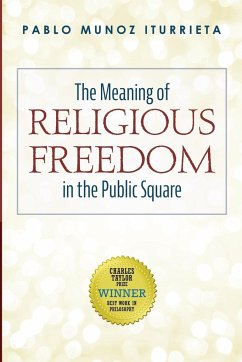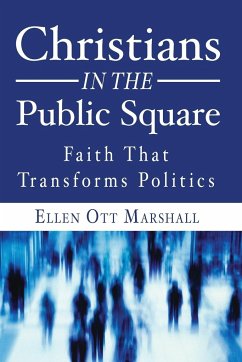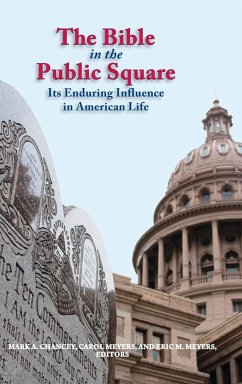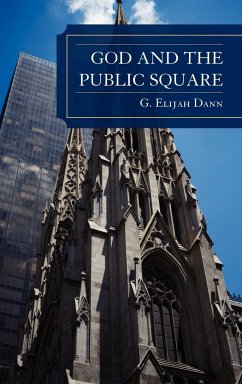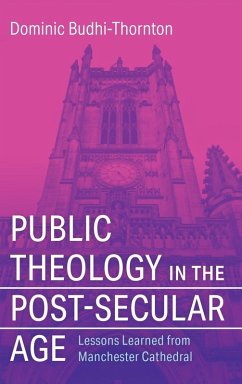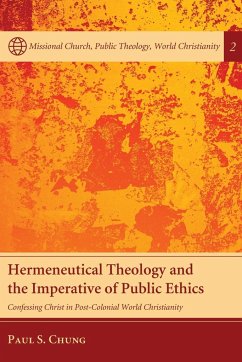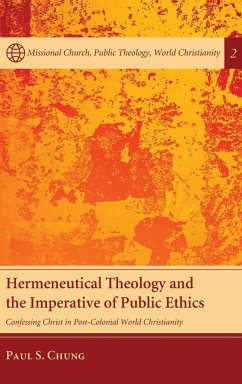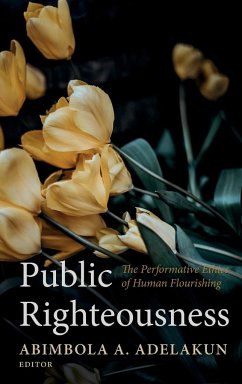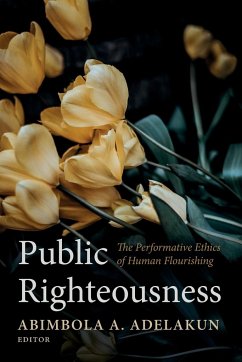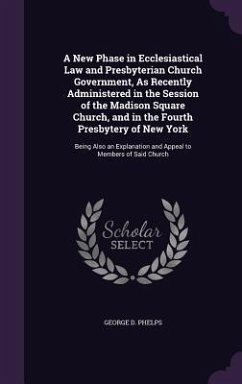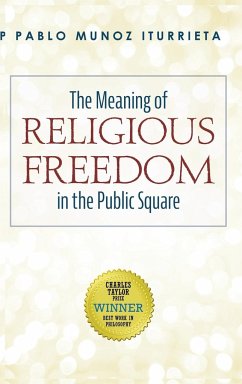
The Meaning of Religious Freedom in the Public Square
Versandkostenfrei!
Versandfertig in 1-2 Wochen
46,99 €
inkl. MwSt.
Weitere Ausgaben:

PAYBACK Punkte
23 °P sammeln!
This book offers a new perspective on religious freedom. Its central theme is to elucidate the meaning of religion and freedom in discussions related to religious freedom and the place of religion in the public square. One often hears that either religion must be tamed by restricting its access to public power, or that in the name of neutrality and equality no religious reasoning may be used in the political sphere, as it may be coercive to other worldviews. There is also the idea that "religion" is a feature of human life essentially distinct from "secular" features such as politics and econo...
This book offers a new perspective on religious freedom. Its central theme is to elucidate the meaning of religion and freedom in discussions related to religious freedom and the place of religion in the public square. One often hears that either religion must be tamed by restricting its access to public power, or that in the name of neutrality and equality no religious reasoning may be used in the political sphere, as it may be coercive to other worldviews. There is also the idea that "religion" is a feature of human life essentially distinct from "secular" features such as politics and economics, and which has a peculiarly dangerous inclination to promote violence. Thus, the meaning of religious freedom in the twenty-first century seems uncertain. For that reason, it is necessary to clarify the meaning of religious freedom, especially in relation to the public sphere, in order to offer an answer that will guide us in discerning issues of religious freedom.




